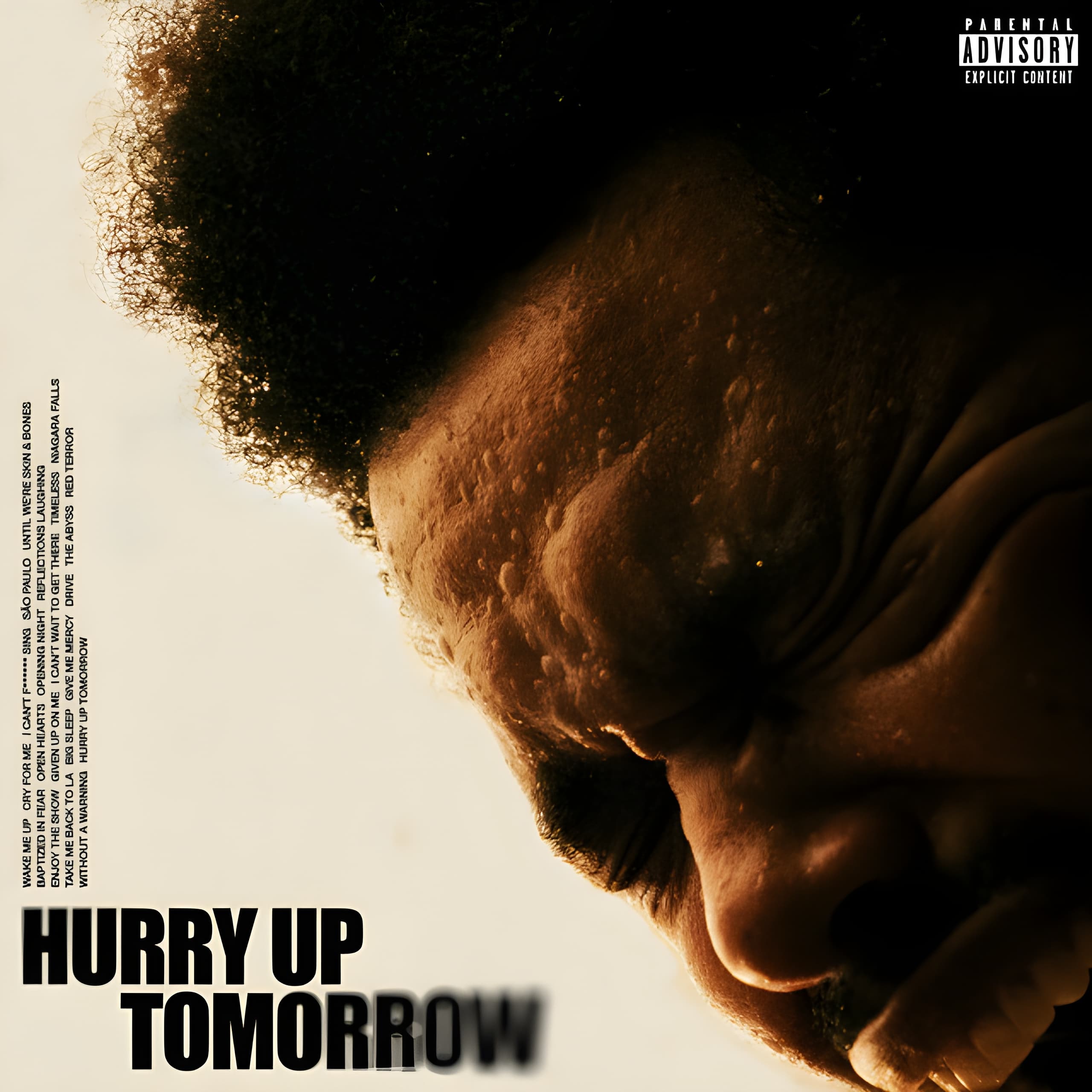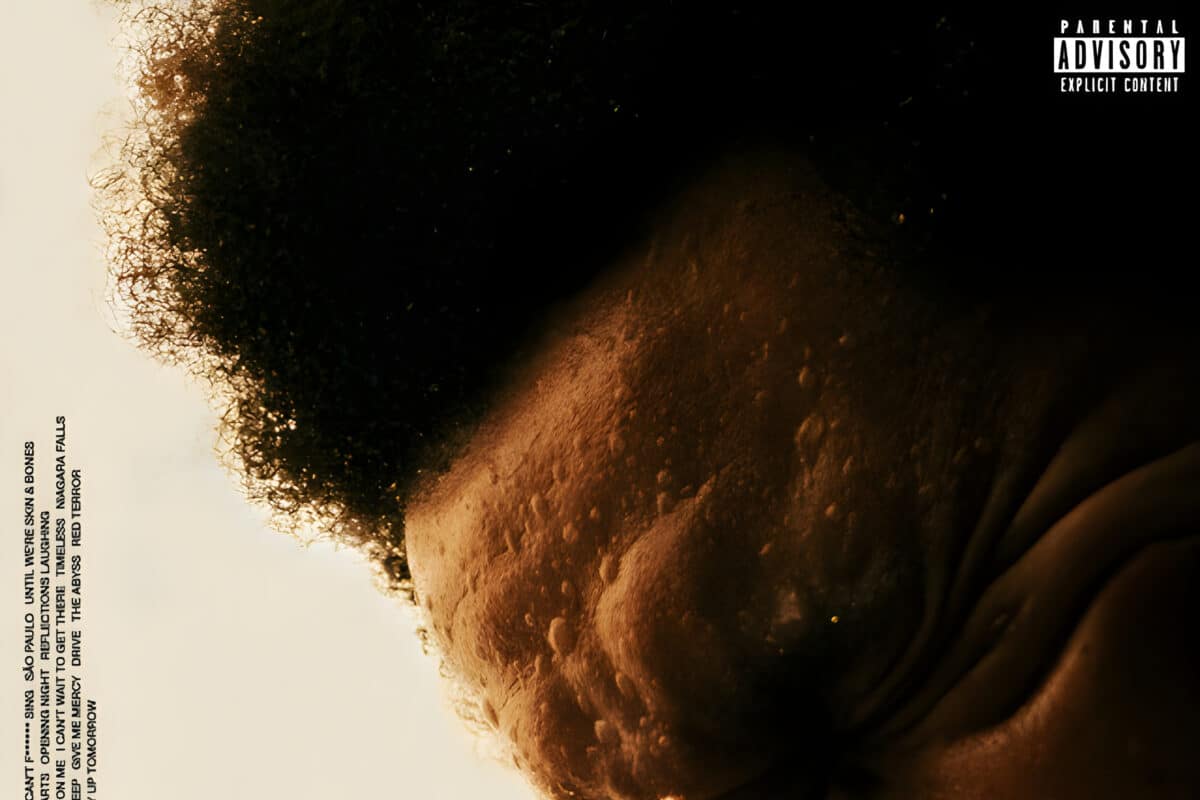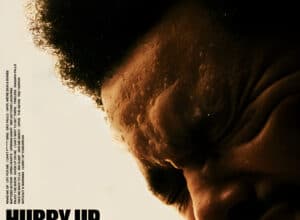Released: 2025
“The Abyss” by The Weeknd featuring Lana Del Rey dives into the tumultuous depths of emotional turmoil and existential questioning. At its core, the song explores themes of despair, longing, and a contemplation of one’s legacy and the ultimate finality of life. It traverses through the singer’s feelings of inadequacy and their resolution to escape from a life of expectations, urging a somber reflection on relationships, existence, and personal worth.
The hook opens with the struggle to maintain a grip on a failing relationship, using powerful imagery like the ominous “view from halfway down” which suggests a metaphorical fall. It paints a picture of imminent disaster and the narrator’s anticipation of a potential ‘impact’, evoking feelings of dread and inevitability. This can be interpreted as the fear of the consequences of their choices, capturing the turmoil that ensues from unfulfilled desires.
The Weeknd’s verses reflect a personal introspection about attempting to be someone he never was, acknowledging the futility of pretending. Lines like “Why waste another precious hour?” signify a reckoning with time, emphasizing its scarcity and how the narrator no longer wishes to waste it living inauthentically. The desire to leave a legacy resonates as a struggle for significance, as he navigates the despair that his current existence will soon be forgotten.

As the lyrics progress, the urgency heightens with the line “the world’s not far behind”, perhaps symbolizing global chaos reflecting the narrator’s internal strife. It hints at a sense of collective despair, where personal breakdown parallels the perceived collapse of the world around them, underscoring the futility and destructiveness that dominate their perspective.
Lana Del Rey’s entrance introduces a softer plea within the chaos, as she urges the listener to remember the intimacy they shared, “hold my heartbeat close to you.” Her contribution is an echo of love amidst despair, bringing a poignant tenderness to the dialogue. The depiction of “falling at the speed of light” amplifies the swift descent into despair, and her assurance that “you know my heart belongs to you” speaks to enduring love even as she resigns to an inevitable parting.
The repetition of “Oh-oh” interspersed throughout conveys an inexpressible, aching pain—a lament that resonates with a deeply human sense of sorrow. It’s as though these lines give voice to what cannot be neatly articulated in words, evoking raw emotional intensity. This part serves as an emotional chorus that highlights the collective ache felt by both vocalists.
Delving deeper into the storyline, the phrases “mama, I’ll pray” juxtaposed with “I’m running away” present a paradox of seeking solace in spirituality while escaping worldly burdens. It’s an internal conflict between the desire for redemption and the urge to abandon one’s life situation. This reflects the struggle to reconcile personal demons with the search for peace.
The poignant line “Is a threat not a promise?” conveys ambiguity and doubt. Here, it’s an acknowledgment of empty threats, possibly suggesting that while one speaks of leaving or change, the act itself might not materialize. This reveals an ongoing internal debate about intentions versus actions, shedding light on the character’s hesitation.
Towards the song’s conclusion, repeated affirmations like “mama, I’ll pray” emphasize a retreat into familiar comfort amidst turmoil. The echo of prayer suggests a desire for redemption and forgiveness, further complicating the dichotomy between rebellion and repentance. It’s a subtle nod to a universal desire to find peace amidst chaos.
Ultimately, “The Abyss” encapsulates a deep-seated existential despair woven with threads of love, longing, and the search for legacy. Through the evocative interplay of The Weeknd’s reflective self-assessment and Lana Del Rey’s heartfelt reminders of intimacy, the song serves as a haunting meditation on the profound struggles within oneself. Their combined artistry in addressing such complex emotional terrain speaks to their unique ability to engage listeners with their lyrical depth and emotional vulnerability.








